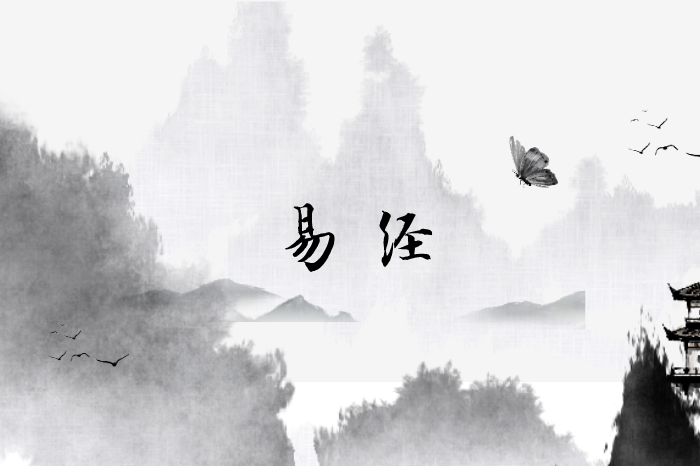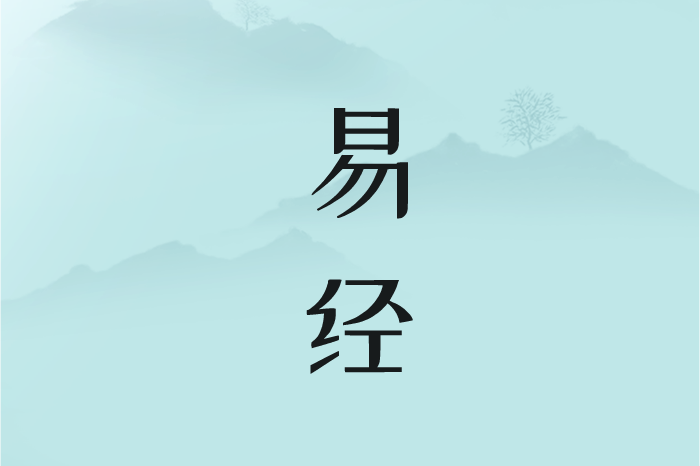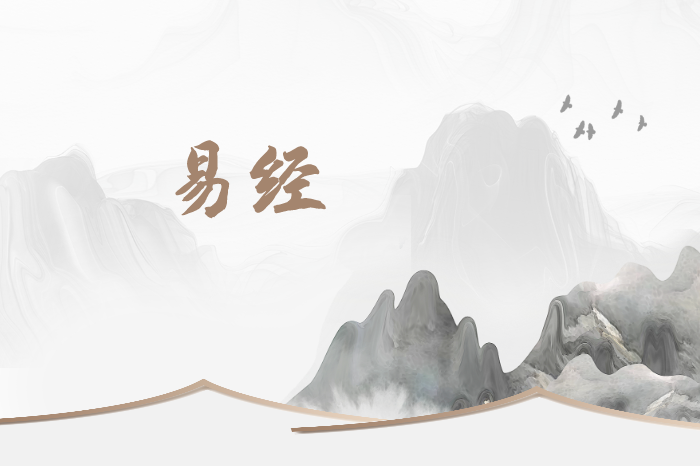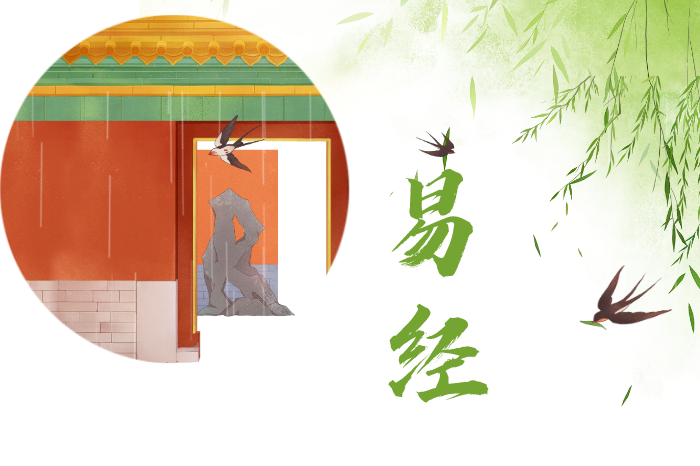The Zhouyi, also known as the Book of Changes, is one of the oldest Chinese classical texts that has significantly influenced Chinese culture and philosophy for over two thousand years. As a text deeply rooted in ancient Chinese cosmology and metaphysics, translating its profound concepts and ideas into English poses numerous challenges. In this article, we will delve into the translation of Zhouyi philosophy in English, exploring both its cultural significance and the linguistic hurdles faced in the process.
Cultural Significance:
The Zhouyi philosophy is deeply intertwined with Chinese culture and has left a lasting impact on various aspects of life, including literature, art, and even decision-making. Understanding the cultural significance of the Zhouyi and its translation is crucial for conveying the essence of this ancient wisdom in English.
1. Comprehensive Cosmology:
At its core, the Zhouyi presents a comprehensive cosmology that encompasses various concepts such as yin and yang, the five elements, and the trigrams. These interrelated elements form the foundation of Chinese metaphysics and have been widely adopted in other East Asian countries. Translating these complex and multifaceted concepts requires a deep understanding of both Chinese culture and Western metaphysical traditions.
2. Practical Divination:

Another essential aspect of the Zhouyi is its practical application in divination. The text offers guidance and insights into personal and societal matters through the interpretation of hexagrams. The challenge lies in capturing the essence of divination, which is deeply rooted in Chinese belief systems and capturing its cultural nuances in English translation.
Linguistic Challenges:
Translating the Zhouyi philosophy into English presents a unique set of linguistic challenges due to the complexity and abstract nature of the concepts involved. Overcoming these challenges is crucial to ensure accurate and meaningful translations.
1. Linguistic Equivalents:
Finding linguistic equivalents for Chinese metaphysical concepts is no easy task. English lacks direct counterparts for many of these ideas, requiring translators to choose words and phrases that best capture the nuances and essence of the original text.
2. Conveying Abstract Concepts:
The Zhouyi contains numerous abstract concepts that can be difficult to express clearly in another language. Translators must grapple with conveying ideas such as the interplay between yin and yang or the dynamic relationships within the trigrams in a way that is both accessible and faithful to the original text.
3. Preserving Poetic Language:
The Zhouyi exhibits a poetic language and style that adds depth and richness to the text. Preserving this poetic quality in translation poses a challenge since different languages have distinct poetic traditions. Translators must strike a delicate balance between preserving the poetic elements and ensuring readability in English.
Conclusion:
The translation of Zhouyi philosophy in English is a complex and fascinating task that requires a deep understanding of both Chinese culture and the intricacies of the English language. By recognizing the cultural significance and grappling with the linguistic challenges, translators can strive to convey the wisdom and essence of the Zhouyi to an English-speaking audience. Only through careful and thoughtful translation can the profound insights of this ancient Chinese text continue to inspire and enlighten across cultures.







